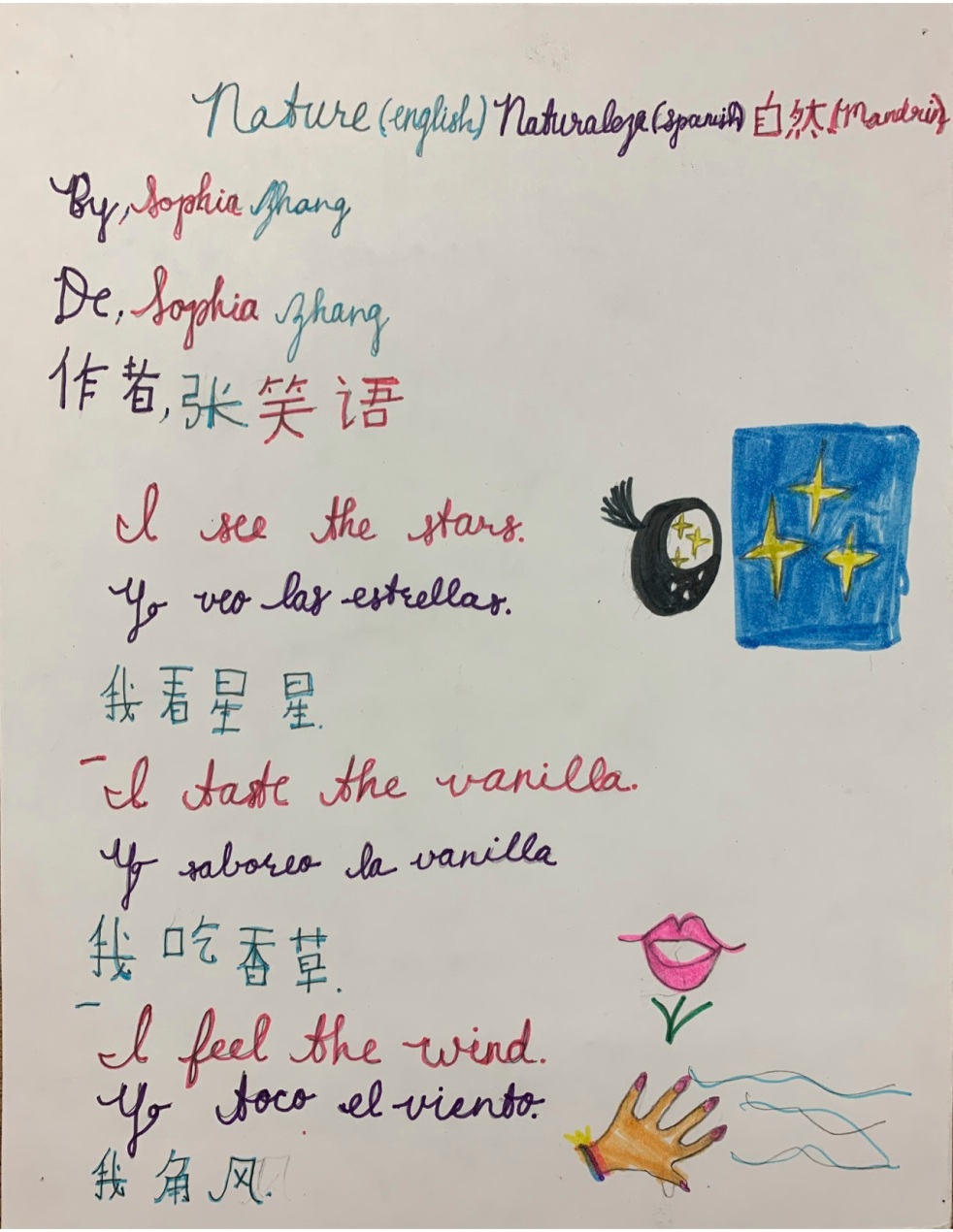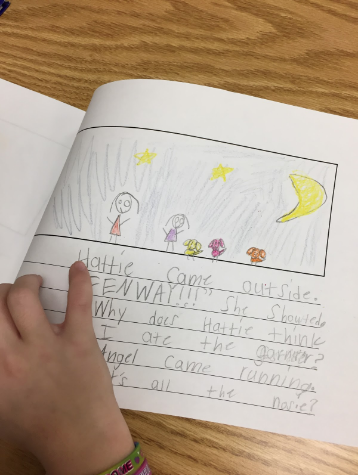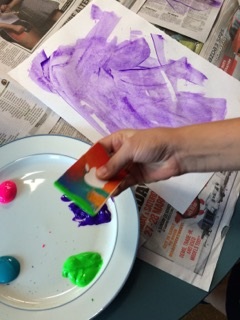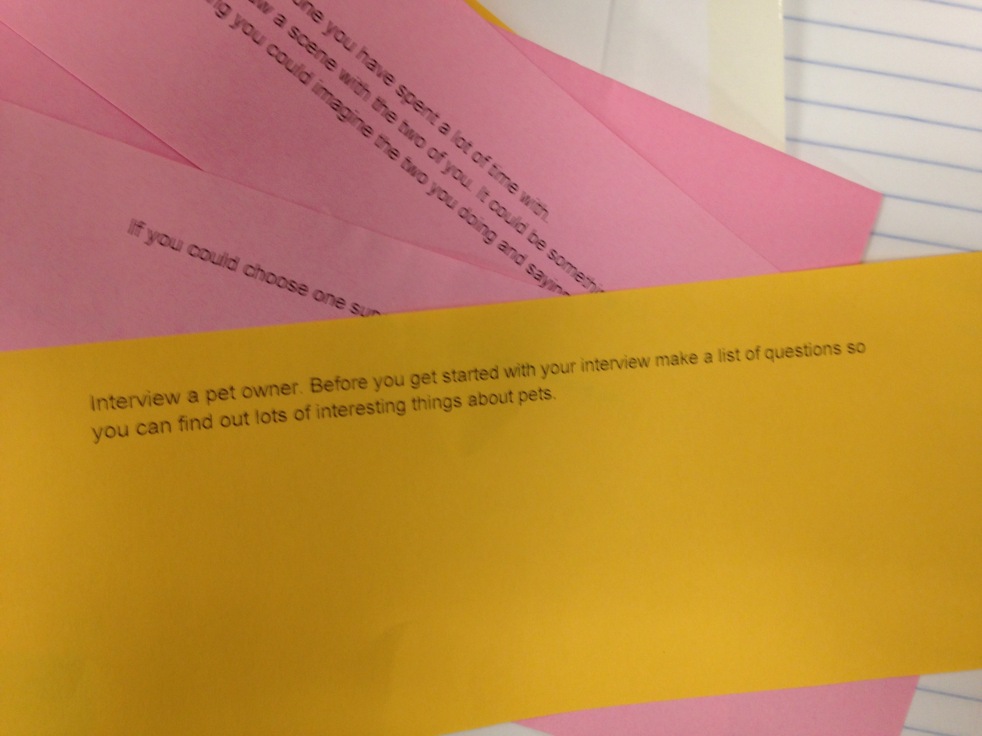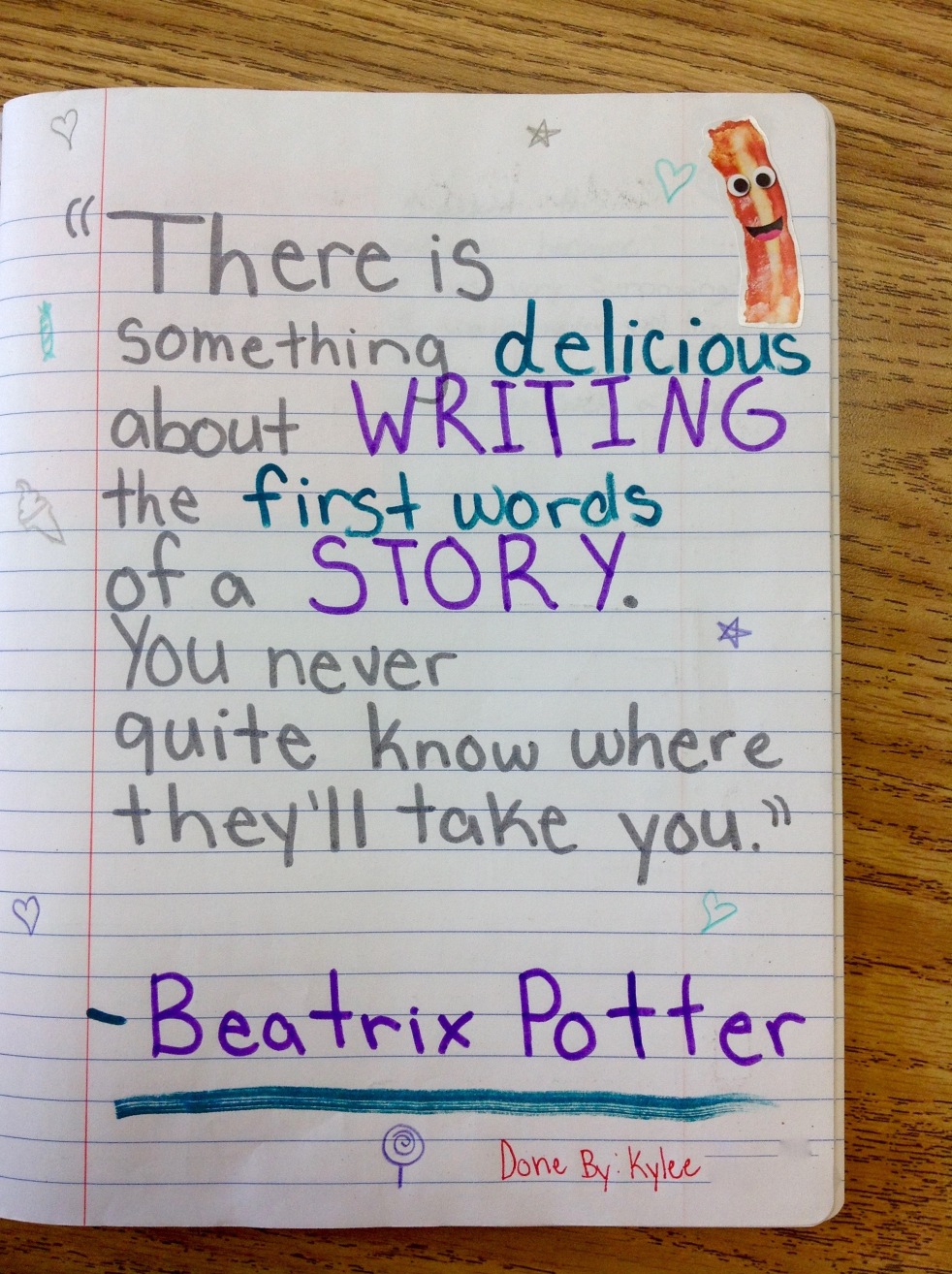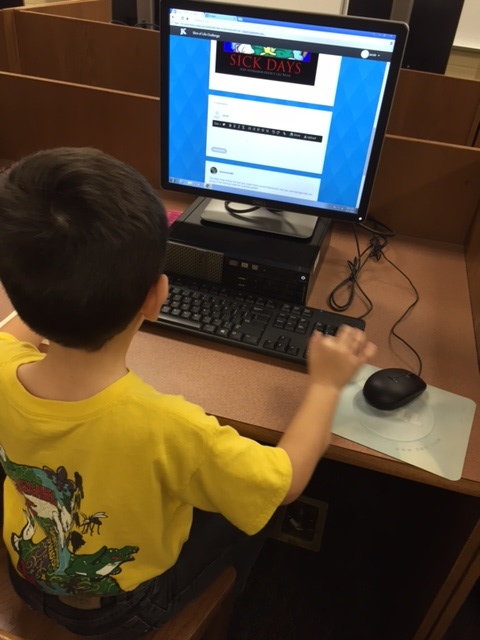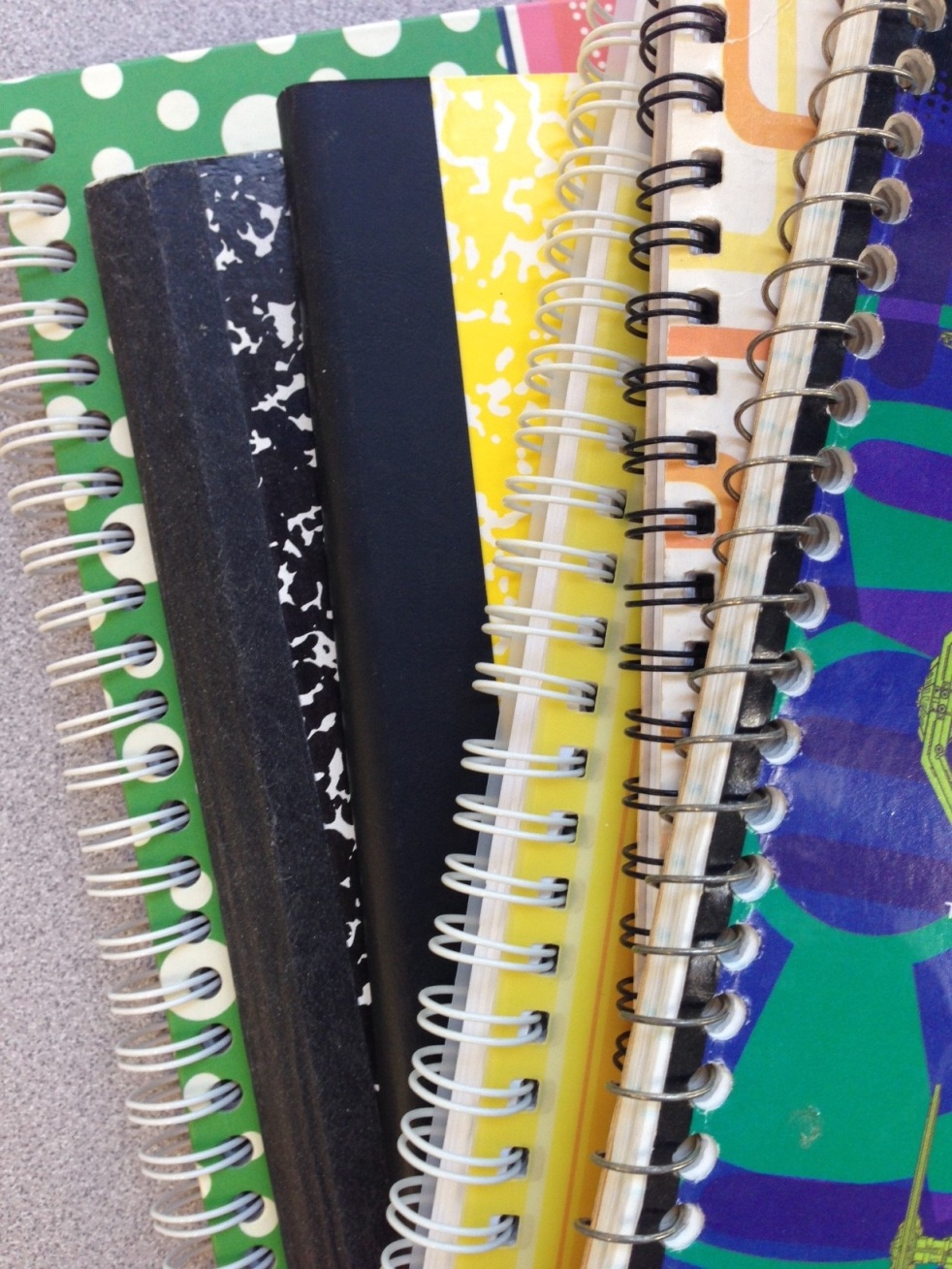Carving out space and time for experiences that honor student agency and their diverse writing lives is not only empowering but also gifts them with the habit of writing and the identity as writers. We can write our way through this pandemic, together and emerge as writers.
Category: guest blogger
Inviting Voices from the Community
As the 2020-2021 school year sets to start, we recognize that educators need each other more than ever. We need to hold onto our beliefs about the teaching of writing while becoming ever more flexible in our approaches. We need to grow in our understanding of Culturally and Historically Responsive Literacy (as described in Gholdy… Continue reading Inviting Voices from the Community
Finding Interdisciplinary Opportunities in Writing Workshop
What happens when the next unit in third grade writing workshop is poetry and the classroom teacher stumbles across an anthology of bilingual poetry? This post describes how a third-grade homeroom teacher and a Spanish teacher collaborated to implement an interdisciplinary, bilingual poetry unit.
Engaging High School Students in Writing — A Guest Blog Post by the #BowTieBoys
Ryan Hur, Tam Mandanis, Kellen Pluntke, Rishi Singh, Christian Sporre, and Dawson Unger are six of the Bow Tie Boys who are a group of high school students from Northern Virginia. Today they take on the topic of student engagement in secondary writing classes.
Writing Workshop is Anticipated
Writing is joyful this year.
Art Journaling – A Summer Holiday Writing Idea
Are you worried about how much learning loss in writing will greet you after the summer break? Has your idea bank of ideas to gone dry?
Summer Writing Goals
This year, they were going to be the first group of 5th graders to break the summer curse.
The Importance of the Notebook
My hope is that my students leave knowing more about themselves as writers and as people...that they have used the pages of their notebook to find answers to questions. Have you written in your notebook today?
Diving Into Kidblogs
As the year winds down, I am reflecting on our classroom blogging experience and what I've learned.
What Gifted Writers Need
These young students come to me ready to write. They just need permission.
Third Grade Writing Units of Study – A First Look
Our guest blogger takes a look at the 3rd grade Units Of Study
Blogging Adventures
What challenges do your student bloggers face? How are you supporting their growth as blog writers?



